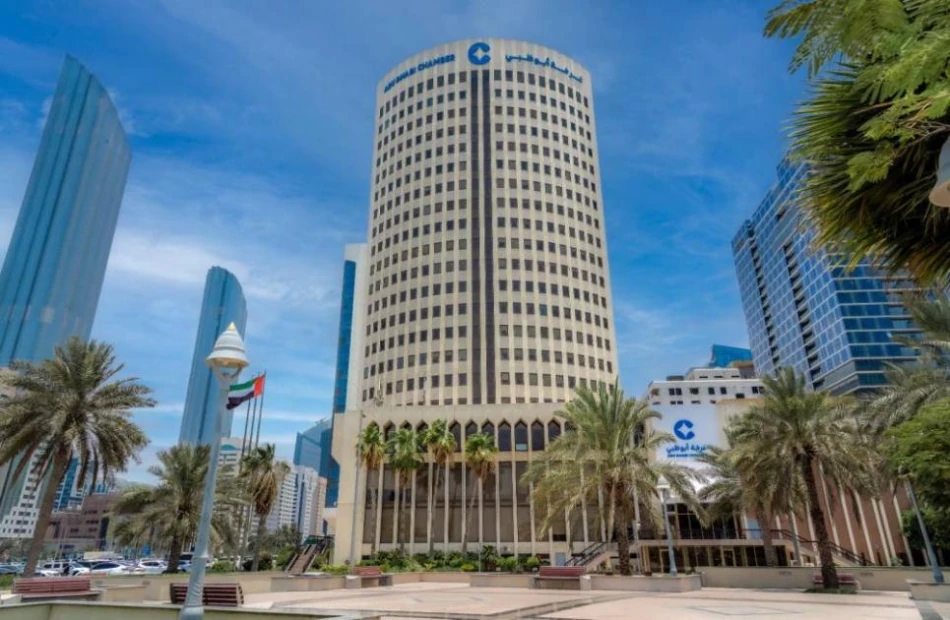
Booming AI Startups in Abu Dhabi: 150 New Companies in the First Half
Abu Dhabi Emerges as Global AI Powerhouse with 61% Sector Growth in One Year
Abu Dhabi is rapidly transforming into a world-class artificial intelligence hub, with AI companies in the emirate surging 61% year-over-year to reach 673 firms by June 2024. This explosive growth positions the UAE capital as the fastest-growing AI center in the Middle East and North Africa, challenging established tech hubs through strategic investments in research infrastructure and open-source AI development.
The Numbers Behind Abu Dhabi's AI Ambitions
According to the Abu Dhabi Chamber of Commerce and Industry, the emirate now hosts 673 specialized AI companies—a remarkable jump from the previous year. To put this in global context, there are approximately 90,904 AI companies worldwide as of 2024, making Abu Dhabi's concentration particularly significant for a city of its size.
The growth trajectory shows no signs of slowing. In just the first half of 2024, 150 new AI companies launched operations in Abu Dhabi, driven by strategic investments, advanced infrastructure, and rising demand across key sectors including healthcare, logistics, finance, and education.
Building a Research-First Ecosystem
Academic Excellence as Foundation
At the center of Abu Dhabi's AI strategy sits Mohamed bin Zayed University of Artificial Intelligence (MBZUAI), the world's first graduate-level university dedicated exclusively to AI research. The institution has quickly established itself among top academic centers globally, focusing on cutting-edge areas like machine learning, computer vision, natural language processing, robotics, and data science.
This academic foundation differentiates Abu Dhabi from other regional tech hubs that often prioritize commercial applications over fundamental research. By investing in knowledge creation first, the emirate is building sustainable competitive advantages that extend beyond short-term market trends.
Institutional Infrastructure
Abu Dhabi's approach involves a comprehensive ecosystem of specialized institutions working in coordination. The AI and Advanced Technology Council shapes policy and research strategy, while the Advanced Technology Research Council oversees implementation. The Technology Innovation Institute conducts fundamental research, and AI71 focuses on practical applications.
This institutional density creates network effects similar to Silicon Valley's research triangle or Singapore's government-linked research institutes, where proximity and coordination accelerate innovation cycles.
Market Dynamics and Investment Implications
The Chamber's data reveals that over 58% of Abu Dhabi's AI companies focus on innovation, research, and consulting—indicating a knowledge-intensive rather than manufacturing-based sector development. This concentration suggests the emirate is positioning itself as a brain trust for AI development rather than simply a deployment market.
For investors, this represents both opportunity and risk. The research-heavy focus could yield breakthrough technologies with global licensing potential, similar to how Israel's military-industrial research complex spawned cybersecurity giants. However, the commercial viability timeline may be longer than in markets focused on immediate applications.
Regional Competition and Global Positioning
Abu Dhabi's AI surge occurs amid intensifying competition across Gulf states. Dubai has established itself as a fintech and logistics automation hub, while Saudi Arabia's NEOM project promises to integrate AI across an entire smart city. Qatar and Bahrain are making their own targeted investments in AI applications for energy and financial services respectively.
However, Abu Dhabi's research-first strategy and open-source AI model development could prove decisive. By creating tools accessible to global researchers and innovators, the emirate builds influence beyond its borders—a strategy reminiscent of how Singapore became a regional hub by serving broader Asian markets.
Open Source Strategy: A Calculated Gamble
Abu Dhabi's commitment to developing open-source AI models represents a bold strategic choice. While this approach foregoes immediate intellectual property advantages, it positions the emirate as a neutral, collaborative partner for international researchers and companies wary of depending on Chinese or American AI platforms.
This strategy could pay significant dividends if geopolitical tensions continue fragmenting global tech ecosystems. Countries and companies seeking AI capabilities independent of major power competition may increasingly turn to Abu Dhabi's open platforms, creating network effects that drive further investment and talent concentration.
Sectoral Transformation and Economic Diversification
The rapid expansion reflects Abu Dhabi's broader economic diversification beyond oil dependence. AI applications across healthcare, logistics, finance, and education sectors indicate systematic technology adoption rather than speculative investment bubbles.
Shams Ali Khalfan Al Dhaheri, Deputy Chairman and Managing Director of Abu Dhabi Chamber of Commerce and Industry, characterizes the current phase as a transition "from early adoption to maturity and actual institutional application." This suggests the emirate has moved beyond pilot projects toward enterprise-scale AI deployment.
The 61% growth rate, while impressive, will likely moderate as the sector matures. However, the foundation being built through research institutions, open-source platforms, and cross-sector applications positions Abu Dhabi to capture value from the next wave of AI innovation, potentially establishing the emirate as an indispensable node in the global AI ecosystem.
Most Viewed News

 Omar Rahman
Omar Rahman






